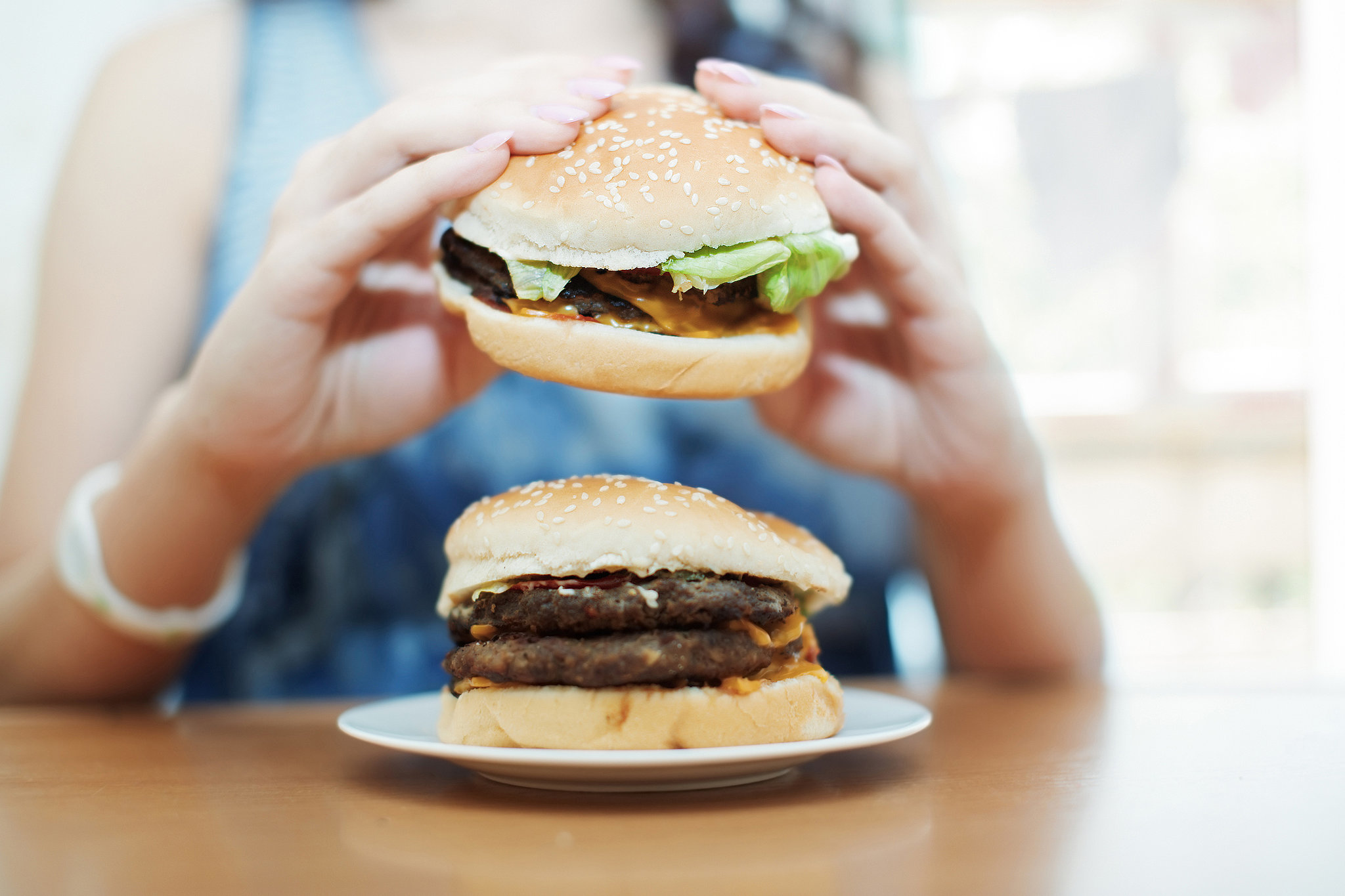An inspiring story from YourTango on one woman's personal triumph over her eating disorder.
The Binge-Eating Disorder Association defines BED as "the most common eating disorder in the United States. An estimated 3.5 percent of women, two percent of men, and 30 to 40 percent of those seeking weight-loss treatments would qualify clinically as victims of Binge-Eating Disorder. The disorder impacts people of all ages (including children and adolescents), races, and levels of education and income. We categorize Binge-Eating Disorder as recurring episodes of binge-eating, feeling out of control while bingeing, and feeling guilt and shame afterward."
Could it be possible that I had an eating disorder? I began calling eating disorder treatment centers, and the phone screenings resulted in a diagnosis of BED and entry into a day-treatment program for five weeks. The first day of treatment was so emotional and scary, but I had an epiphany!
I realized I wasn't a failure because I couldn't lose weight or stick to a weight-loss diet. I actually had a disorder that was hindering me from getting healthy physically and emotionally. You see, binge-eating and being overweight were symptoms of much larger concerns in other areas of my life.
After years of struggling, I began my journey to recovery, and here's what I learned from my BED:
- I used food to cope with difficult feelings resulting from traumas in my childhood, yo-yo dieting deprivation, and a life that was stressful and unfulfilling.
- Recovery from BED is not about losing weight but about creating a normal relationship with food. This was the hardest concept to wrap my head around! A slow, mindful, intuitive, balanced and a nonrestrictive approach to eating is the way to a normal relationship with food.
- Identifying emotions is hard but well worth the effort. I started to find my true self, and I've discovered that I'm pretty awesome just the way I am!
- Weight-loss diets and crash diets don't work.
- No one can recover alone; my BFF from treatment is my lifeline.
- Beating yourself up results in internal bruises that are pretty tough to heal.
- The number on the scale is not the most important thing in life.
- Transformation from an eating disorder is a practice and doesn't happen on a perfect or straight path.
- Do things like eating healthy or exercising because they feel good not because you should.
- Recovery and transformation are possible, and it's possible to heal your relationship with food!
Recovering from my eating disorder was a roller-coaster ride filled with tears, laughter, amazing women, supportive family, profound realizations, deep soul-searching, joy, and success, and I wouldn't change a thing about it.








0 comments:
Post a Comment